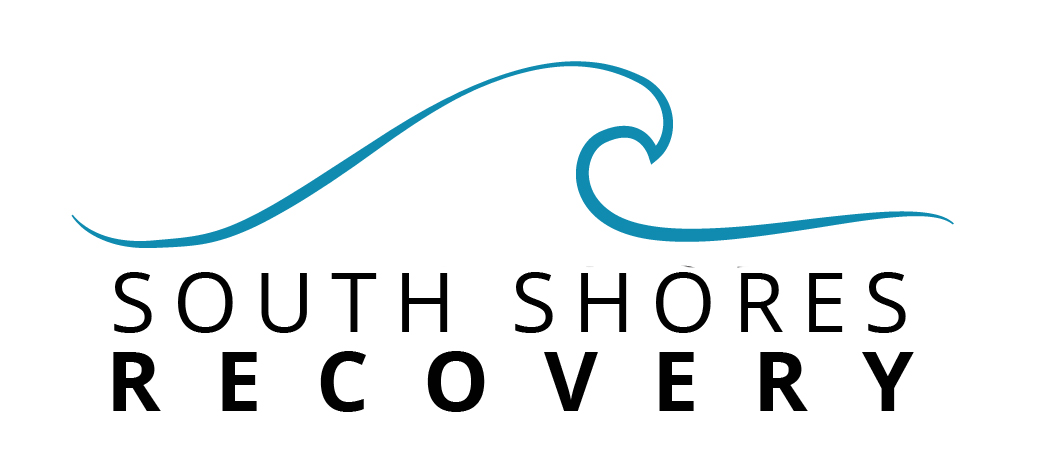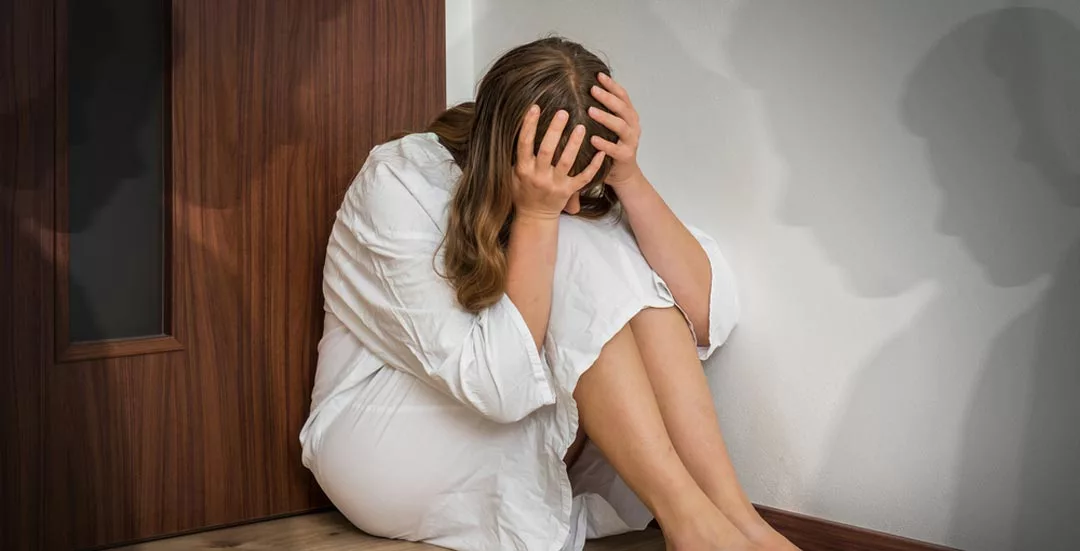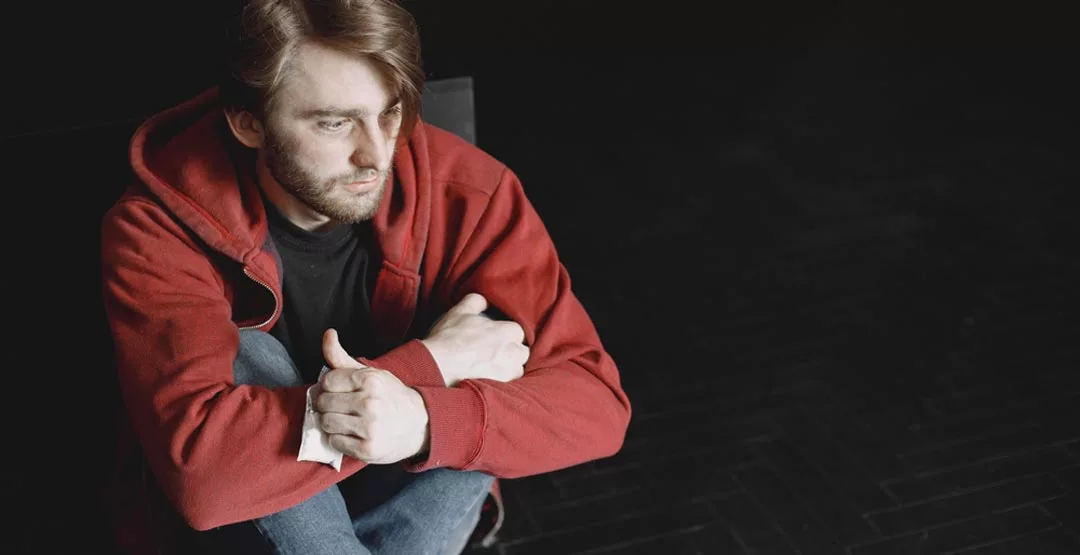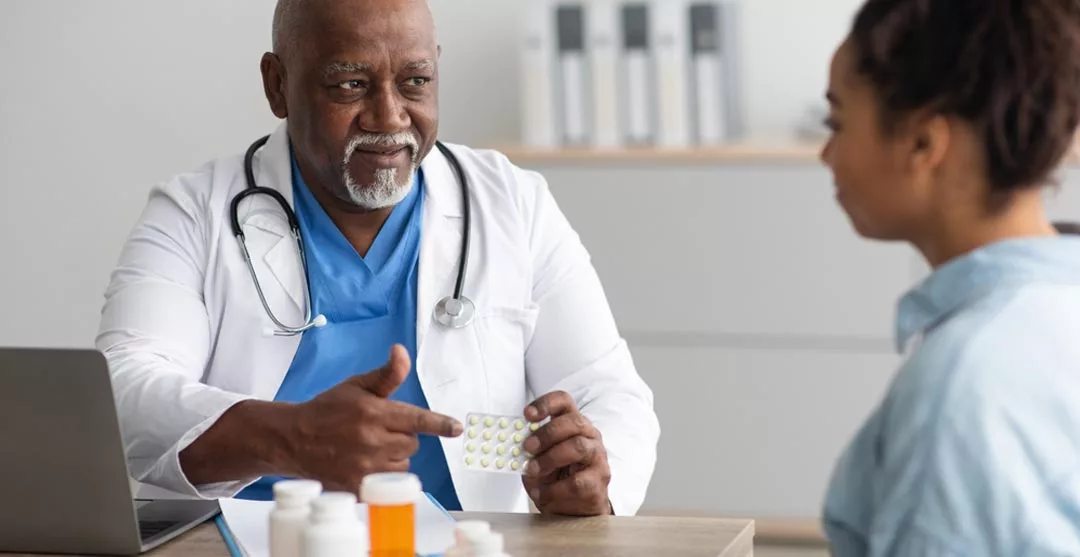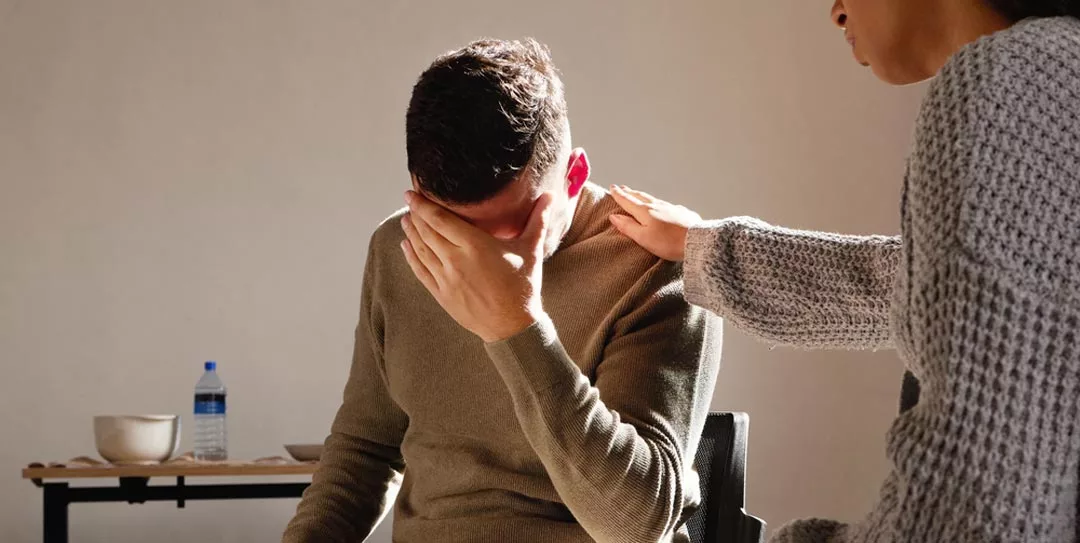Drug Induced Psychosis: Resources and Treatment Options
Getting Effective Dual Diagnosis Programs at South Shores
Psychotic symptoms are serious and need to be treated as such, no matter their cause. Drugs can put you at greater risk of experiencing psychosis, frequently referred to as substance-induced psychosis. If you find yourself slipping away from reality when you use substances, you need to know what it means and how to keep yourself and those you care about safe.
So, what should you know about drug-induced psychosis? And how can you safely get help, or support a loved one who is experiencing such distressing symptoms? At South Shores, we have answers to these questions and an expert team to support a full recovery!
Our core mission at South Shores Detox and Recovery is to help you navigate the early days of your recovery. From a medical detox to inpatient and outpatient services, we can guide you toward sobriety, no matter how detached from reality your experience is becoming. Substance abuse doesn’t have to rule your life.
Keep reading to learn more about this crucial topic and, of course, reach out to us at any time for help with both substance abuse and psychotic symptoms!
What is Drug-Induced Psychosis?
Before diving into the treatment options available for substance-induced psychotic disorder, you should have a clear understanding of what this looks like. Psychosis denotes a period of time when the person is out of touch with reality. They may see, hear, or feel things that are not truly there.
Alternatively, they may have strong delusions and ideas that have no basis in reality.
Not everyone who uses substances will develop psychotic symptoms. If you have bipolar disorder or schizophrenia, you might be at an increased risk of developing drug-induced psychosis. These mental health diagnoses often come with psychotic episodes on their own.
Substance use can trigger the onset of a mental health disorder, signaling the need for a drug-induced psychosis treatment. Dual diagnosis treatment is often required, which is where South Shores Detox and Recovery can help.
What Do Psychotic Symptoms Look Like?
If you have a loved one who you think is suffering from a psychotic episode, you may want to know what to look out for. Regardless of whether they have a co-occurring mental illness, psychotic symptoms can be scary for everyone involved. Often, the person who has them is equally worried.
When you spot some of these symptoms, you need to seek out help immediately. Allow a team of experienced professionals to determine whether it is caused by drug use or psychotic illness. The important thing right now is to ensure that you or a loved one is completely safe.
6 Common Symptoms of Psychosis Due to Substance Use
Some of the most common symptoms of drug-induced psychosis include:
- Paranoia that people are watching you or out to get you in some way
- Panic attacks or increased anxiety and agitation
- Constant confusion about what is real and what isn’t
- Delusions (can include delusions of grandeur with bipolar disorder)
- Seeing, hearing, and smelling things that aren’t there
- Anti-social behavior
As you can see, there is some overlap here between drug-induced psychosis symptoms and other psychiatric disorders. Seeking help is important, regardless of the underlying mental health condition. Don’t delay if you notice psychosis in your loved one, or think that it might be affecting your life.
What Drugs Can Cause Psychotic Symptoms?
Many people are under the impression that only certain drugs can lead to psychotic symptoms in those who take them. Research shows that this is not the case though. Instead, you can struggle with drug abuse in any of five main categories and still experience drug-induced psychosis:
- Amphetamines (including meth)
- Cannabis use
- Alcohol
- Cocaine
- DMT and other hallucinogens like psilocybin mushrooms
- Opiates
- Ketamine, PCP, and other disassociatives
According to the research, the more of these drugs you take, the more likely you are to develop some form of psychotic symptoms either while using or while detoxing from these substances. The more of these drugs you use, the more likely you are to experience prolonged symptoms, especially in detox.
When Does Drug Induced Psychosis Usually Occur?
Unfortunately, there are no hard and fast rules about when drug-induced psychosis will surface in relation to substance use. With sustained alcohol and drug abuse, there is always a risk of some more serious mental health conditions like psychosis.
The onset of drug-induced psychosis symptoms can vary from person to person, as well as depending on the drug used. Some people will experience psychosis mere minutes after taking a drug that is fast-acting like cocaine. Others could take a half-hour or longer to surface.
If you are taking a prescription medication legally and you experience any signs of a psychotic episode, you should call your healthcare provider immediately to discuss discontinuing the medication.
However, many people will experience the peak of psychotic episodes when they go through detox as the drugs and alcohol leave their system. This is why it can be helpful to have a team surrounding you when you know detox is imminent. Get started on the right path with access to a medical detox.
Treatment for Bipolar Disorder, Schizophrenia, and Substance Abuse
Psychotic symptoms must be treated regardless of whether you have bipolar disorder, schizophrenia, or substance abuse issues. At South Shores Detox and Recovery, we offer dual diagnosis treatment so that you can get the help you need for both mental illness and substance use.
Medical Detox for Safety from Substance Use
In many cases, it is best to jumpstart your clinical care with a medical detox. Regardless of mental illness and mental health issues, you need a safe space where you can come down from drug use. Given that detox is one of the key points in the process at which you might struggle with a severe psychotic episode, it makes sense to detox with access to care.
South Shores Detox and Recovery allows you to have access to around-the-clock care from a team of trained medical professionals who can spot underlying mental health issues as well as drug or alcohol use issues.
We can help make you more comfortable during your transition away from drug addiction. If you do present with symptoms of psychosis, we can administer medications to help relieve you of those symptoms quickly and effectively.
Inpatient Treatment Options for Psychotic Symptoms
Inpatient treatment may be required to get your psychosis under control. Mental illnesses require an experienced team of professionals to diagnose using the Diagnostic and Statistical Manual (DSM).
In addition, you will need access to evidence-based therapies proven to aid the process of coming down from substance-induced psychosis. From cognitive behavioral therapy to medication management, South Shores can help you find solid ground following our mental health services.
One of the reasons many people turn to drug use is because it allows them to cope with unwanted and challenging mental illnesses. Eventually, your brain becomes hardwired to rely on substance use to cope with life stressors, which can cause you to continue using and worsen your underlying mental health condition.
Medication Management from Trained Professionals
Psychosis can sometimes go away on its own, but we can often combat it with the right regimen of prescription medication. There are tons of antipsychotic medications on the market today that are effective and safe for everyday use. Oftentimes, these medications are a necessity for anyone who experiences psychosis as part of a mental illness.
That being said, some of these drugs do come with side effects. We can more effectively monitor you for negative side effects and improve efficacy if you reside in our inpatient treatment program.
While medication may not be a one-size-fits-all solution, it is extremely helpful to many people who have experienced drug-induced psychosis. It is also not a treatment that negates your need for other evidence-based therapies. Instead, it should be used in conjunction with a robust treatment plan.
Cognitive Behavioral Therapy for Psychotic Symptoms
Perhaps one of the most effective forms of treatment for psychotic disorders is cognitive behavioral therapy. Under CBT, clients learn how their thoughts and feelings impact their actions in a connected triad that shapes their decisions.
Research done on schizophrenia indicates that CBT is one of the best therapies used in conjunction with a medication management piece. After reviewing the literature, it was found that CBT improved almost every aspect of psychotic symptoms, hallucinations, delusions, and more.
If you want to get to the root of your psychotic symptoms and understand how to combat the times when you see or experience something that is not real, cognitive behavioral therapy is the way to go.
Dialectical Behavioral Therapy for Emotional Regulation
CBT focuses on your thoughts, feelings, and actions. Dialectical behavioral therapy (DBT) is focused primarily on teaching you to regulate and cope with the emotional load you have to carry. This is another proven treatment method for drug-induced psychosis and psychotic disorders of all kinds.
DBT is often taught in a group therapy setting, making it great for gaining connections to positive peer support groups. You may learn skills like mindfulness, meditation, and other coping skills that allow you to experience your emotions fully without necessarily acting on them.
One study found that those patients with psychosis who participated in DBT had a meaningful improvement in their understanding and the impact of big emotions. The result is that they were better off in their day-to-day lives when implementing these skills.
Get Help from South Shores for Your Psychotic Symptoms
No matter what the cause of your transient psychotic symptoms, you deserve the highest level of care and attention to get to the root issue. South Shores Detox and Recovery can help you not only walk away from substance use but also cope with mental illnesses and psychotic symptoms.
Under our robust treatment program, you have access to tons of evidence-based therapies to create a brighter future for yourself.
If this sounds like something that you need in your life, or that would benefit your loved one, please reach out to our warm and welcoming admissions team today. We would love to talk with you about your options for treatment so you can reside in a safe location from detox through outpatient treatment!
Contact us
